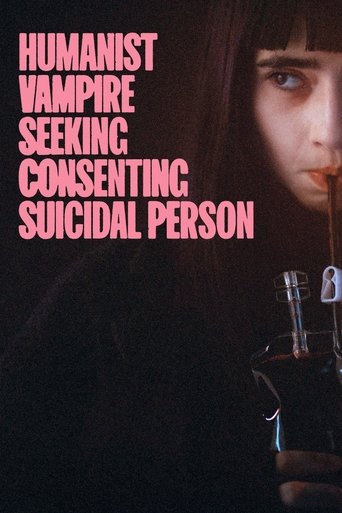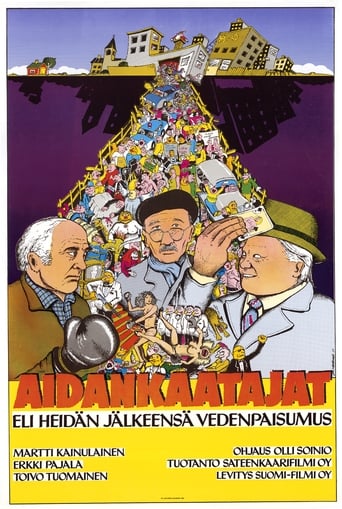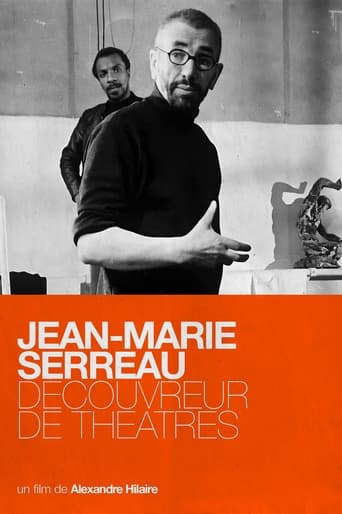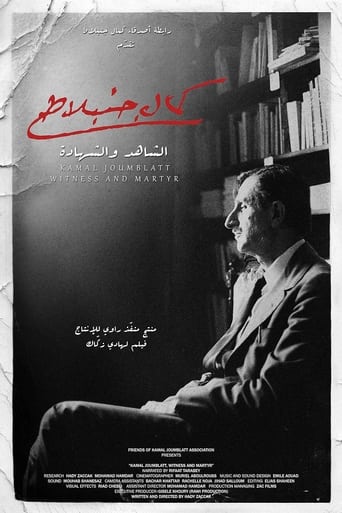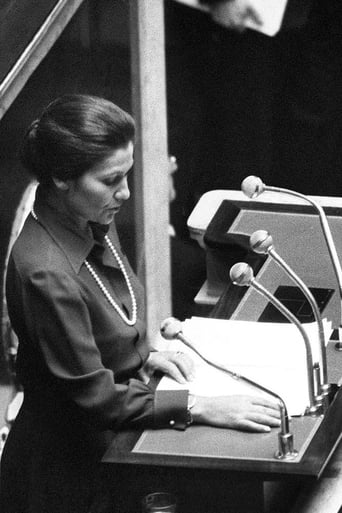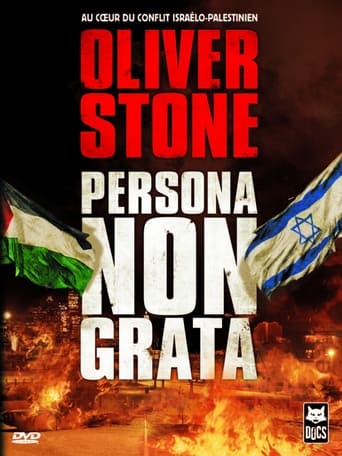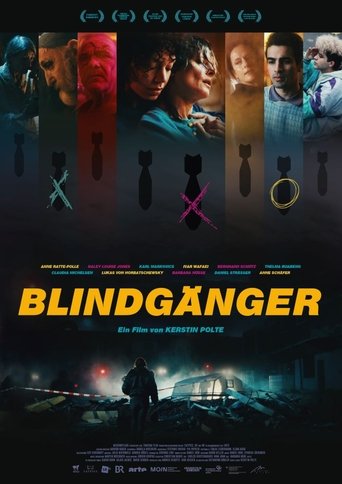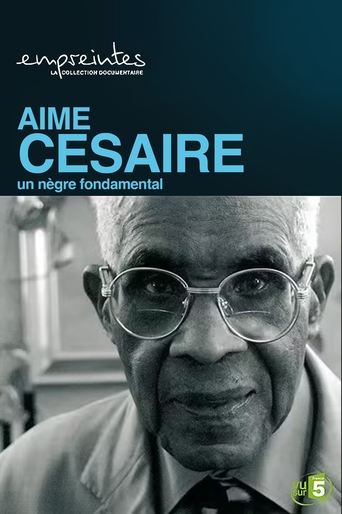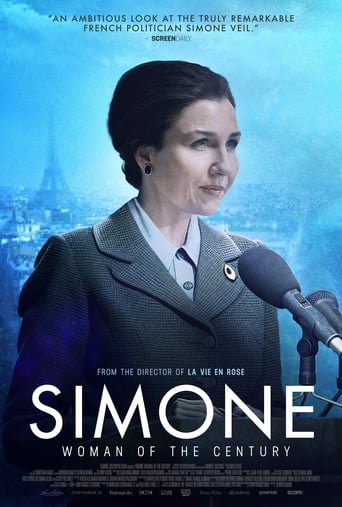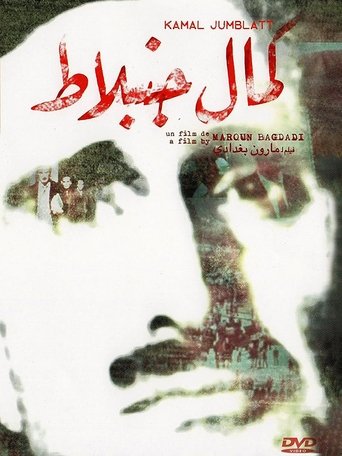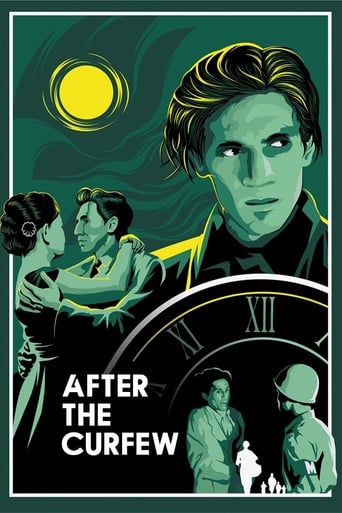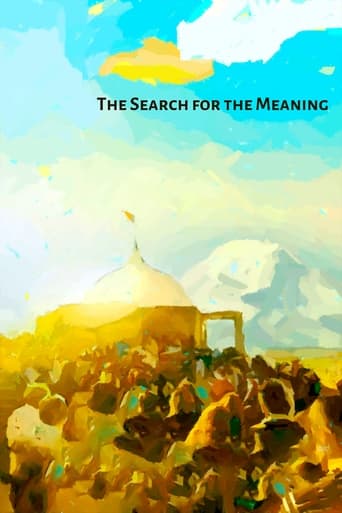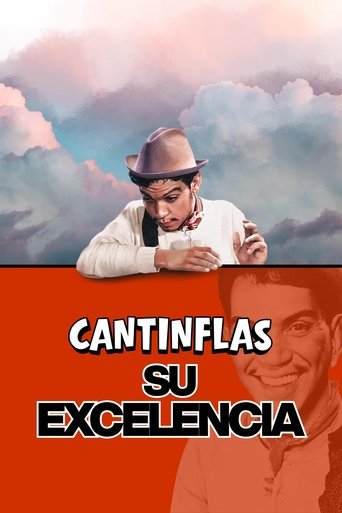
03 May 1967

Your Excellency
Lopitos, who is horribly inefficient but quick-witted, is invited (because of the current ambassador's superstition about 13 sitting down to a meal) to a banquet attended by the ambassadors of both superpowers. After the news of a series of coups d'état in Los Cocos arrives throughout the meal, Lopitos becomes the official ambassador. At a summit of world leaders, the representatives of the two world superpowers court the allegiances of third-world diplomats to tilt the balance of global power in their favor. The last diplomat to remain unaligned, Lopitos instead harangues the superpowers for infringing on the rights of developing countries to self determination, talking to them with his point of view as a citizen not as ambassador because he arranged his demise as ambassador one day before his speech.

